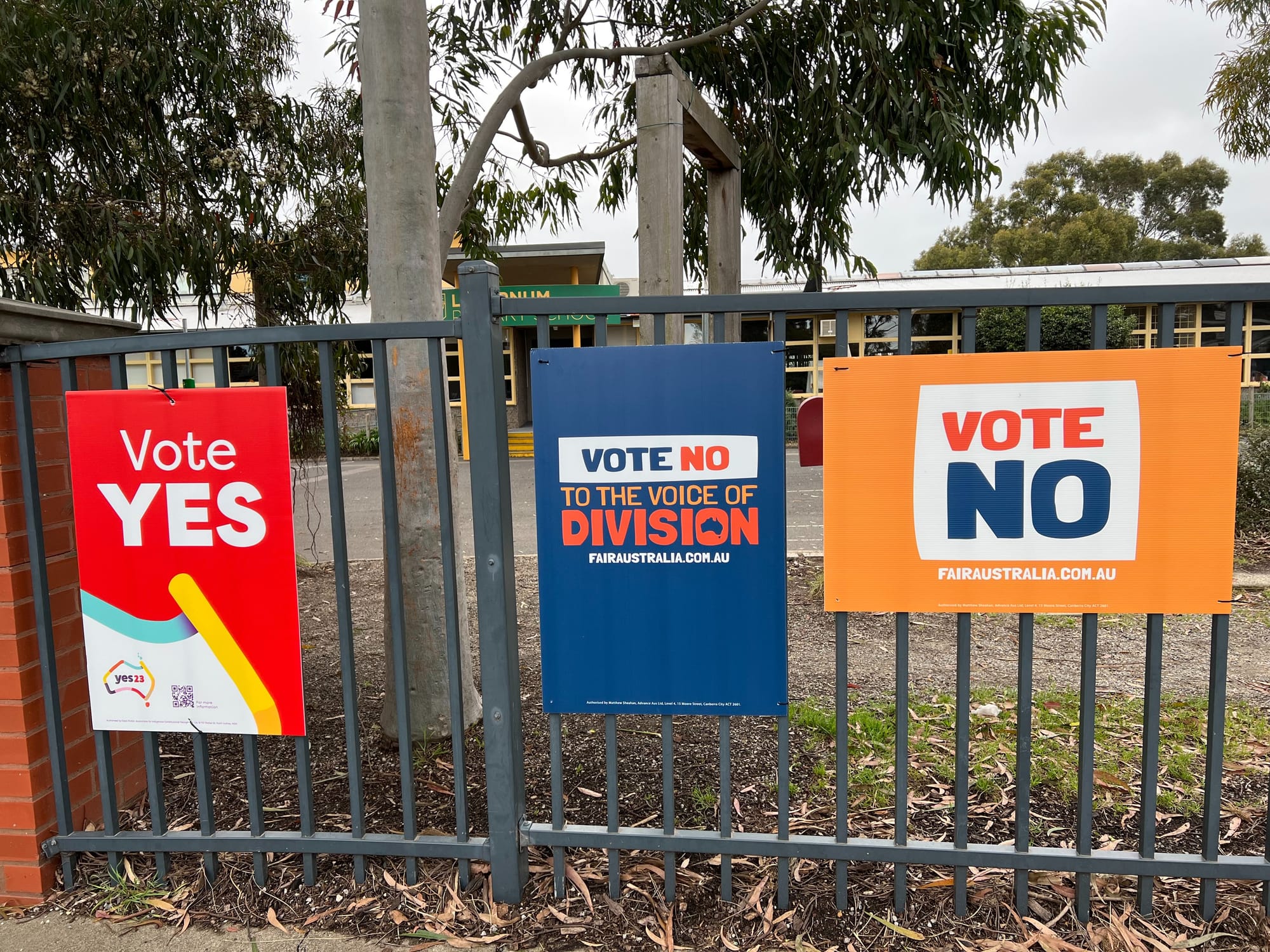
The Voice to Parliament referendum was a disappointing result for many, but there’s hope much of its vision could be achieved via a different path. The Joint Standing Committee on Aboriginal and Torres Strait Islander Affairs has presented a report to federal parliament calling for the implementation of the United Nations Declaration on the Rights of Indigenous Peoples.
The committee was led by Uncle Patrick Dodson, a Yawuru poltician who’s retiring from the senate on 26 January, the anniversary of Australia’s invasion.
View this post on Instagram
A post shared by Linda Burney (@lindaburneymp)
The declaration is essentially a list of human rights Indigenous peoples have under international law. These rights are presented as articles. These include the right to self-determination and participation in decision-making in matters that affect them.
If the committee’s call to implement the declaration is accepted by the federal government, this right to participation in decision-making could be achieved in many ways. This includes non-constitutional implementation of the Uluru Statement from the Heart.
A strong majority of the standing committee, including the Greens’ members, supported the implementation of the declaration. The coalition members dissented on the key recommendations.
DjabWurrung Gunnai Gunditjmara Senator Lidia Thorpe supported the recommendation, but went further to propose the declaration be enshrined in federal legislation. Thorpe’s proposal was rejected by parliament.
Read more: The political subjugation of First Nations peoples is no longer historical legacy
What is the UN Declaration for the Rights of Indigenous Peoples?
Indigenous peoples’ human rights in Australia (and elsewhere) were grossly violated by colonisation that resulted in past and ongoing injustices. The declaration recognises and lists those rights with the purpose of addressing those injustices.
A key right in the declaration is Article 4:
“Indigenous peoples, in exercising their right to self-determination, have the right to autonomy or self-government in matters relating to their internal and local affairs, as well as ways and means for financing their autonomous functions.”
The declaration was adopted by the United Nations General Assembly in 2007 after 20 years of negotiation by Indigenous peoples and governments around the world.
Indigenous figures in Australia played leading roles in these processes. Development of the declaration involved people such as Uncle Les Malezer, a Gubbi Gubbi and Butchulla man who was the chair of the Indigenous peoples’ caucus, and addressed the United Nations General Assembly when the declaration was adopted.
Yarawu barrister and academic Uncle Mick Dodson helped draft the declaration, and Professor Megan Davis, a Cobble Cobble woman, was part of the UN declaration working group.
The declaration has garnered strong support among Indigenous communities in Australia.
The Joint Standing Committee on Aboriginal and Torres Strait Islander Affairs report states applying the declaration could improve access to land rights, help combat racial discrimination, and support Indigenous businesses, social services and cultural organisations.
We suggest it would also add great momentum to historic processes already underway, such as truth-telling and treaty-making in Victoria.
The main purpose of treaty-making is to give effect to Indigenous peoples’ self-determination. Implementing the declaration would support treaty-making because it would involve recognising self-determination as a right.
Read more: Gaza update: Deadlock in the UN Security Council means no relief for suffering Palestinian civilians
How the declaration could be implemented by law and/or policy
The Joint Standing Committee on Aboriginal and Torres Strait Islander Affairs’ report examined how the declaration could be implemented in Australia, and whether it should be through legislation, under policy, or both.
Senator Thorpe’s private member’s bill called for the declaration to be enshrined in federal legislation. The bill would have required the federal parliament to ensure its legislation was consistent with the declaration. It would also have required the federal government to adopt an action plan for its implementation. The bill was rejected.
The majority of the standing committee decided against supporting Thorpe’s approach, preferring a more flexible process. Their report examined how Canada and New Zealand’s legal and policy-based approaches for implementing the declaration appear to have been effective. This is different to Senator Thorpe’s approach that requires legislating the declaration as an absolute minimum.
The standing committee recommended instead that Indigenous peoples have a choice of approach, through negotiations with governments and others, based on their right to self-determination. Whether this would need at least the minimum standards and essential framework to be set down in legislation is an open question yet to be answered.
The Voice to Parliament offered a bold vision of a constitutionally protected say for Indigenous peoples in federal law-making and administration. This would have been consistent with the right to self-determination and to participation in decision-making specified in the declaration.
The committee’s report states the declaration offers a bigger vision than the Voice.
It recognises not only the importance of First Nations peoples’ self-determination and participation in decision-making, but also rights to housing, health, work and freedom from discrimination and other human rights.
Implementing the declaration does not necessarily require constitutional enshrinement.
While the Voice to Parliament would have given Indigenous people a powerful say in those areas, implementing the declaration could elevate that say and those areas to the level of human rights. This is greatly needed in the aftermath of a disappointing and painful referendum result.

This article originally appeared on The Conversation, and was co-authored with Wayne Atkinson, a senior Yorta Yorta Elder and fellow at the School of Social and Political Science, University of Melbourne.





